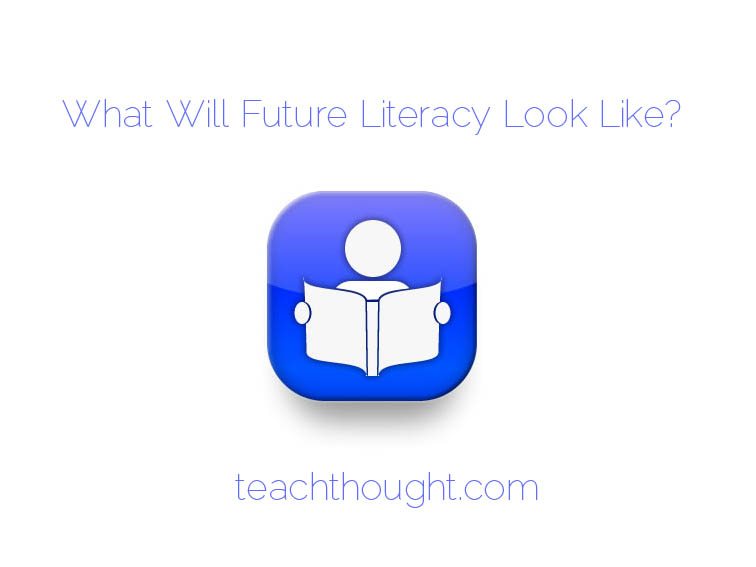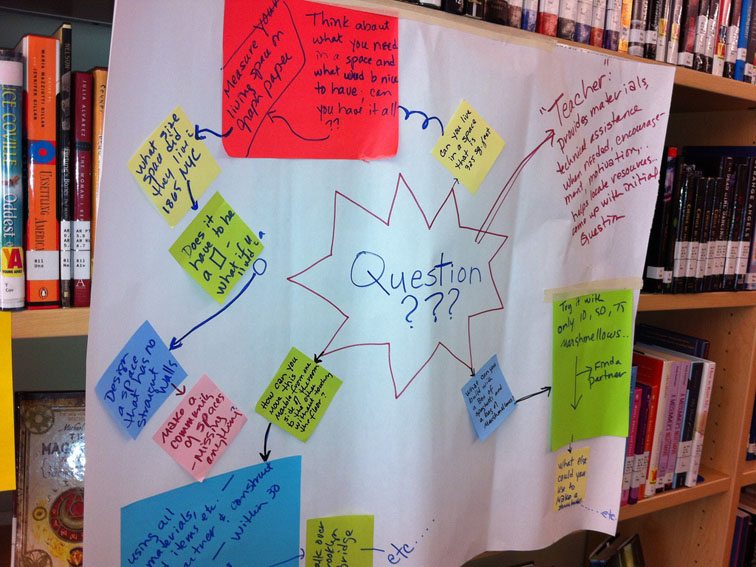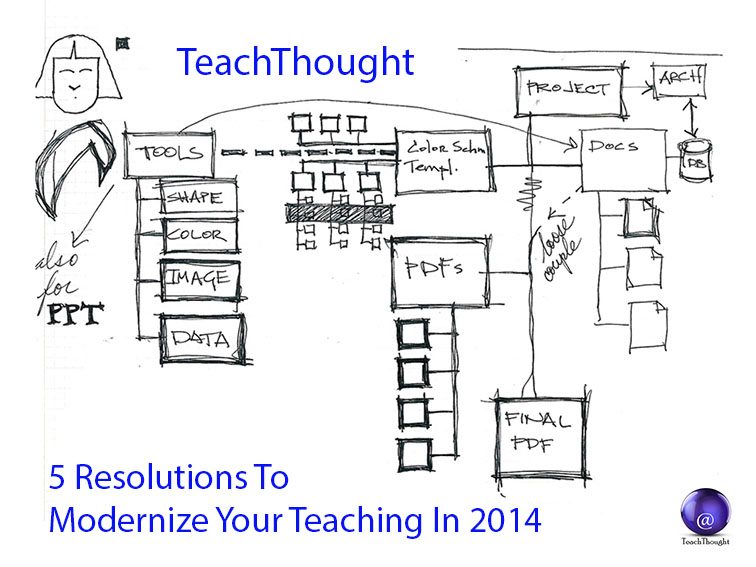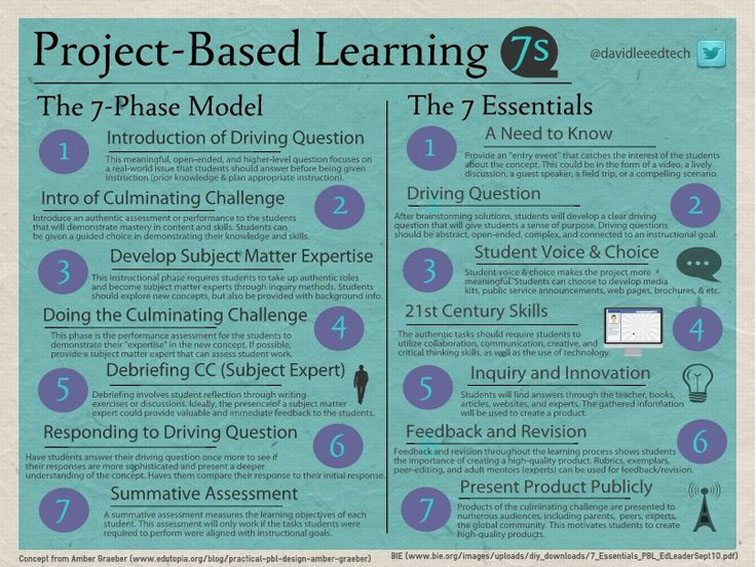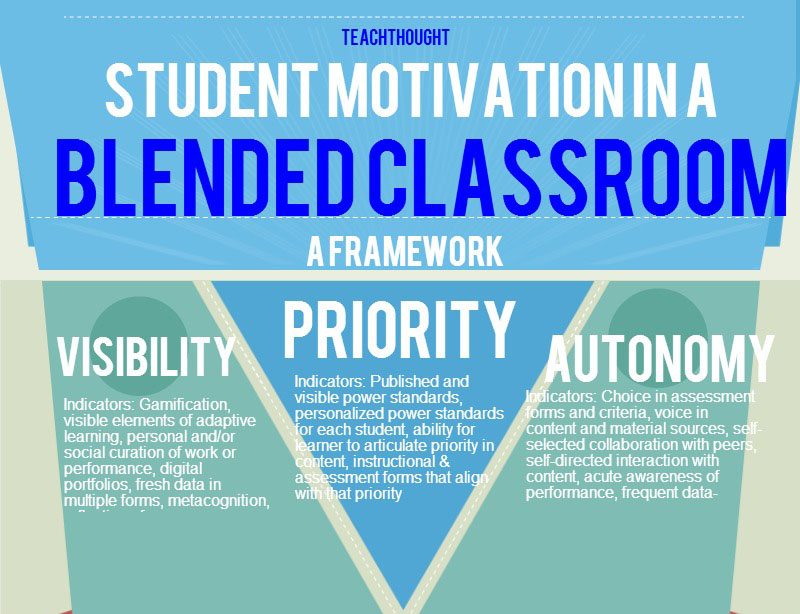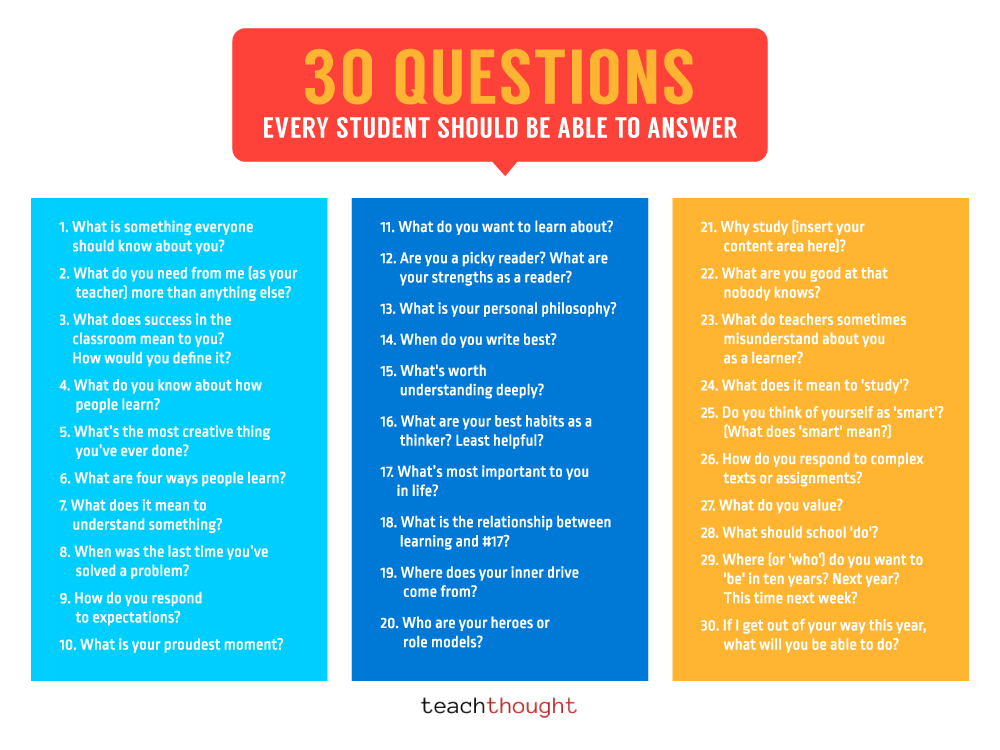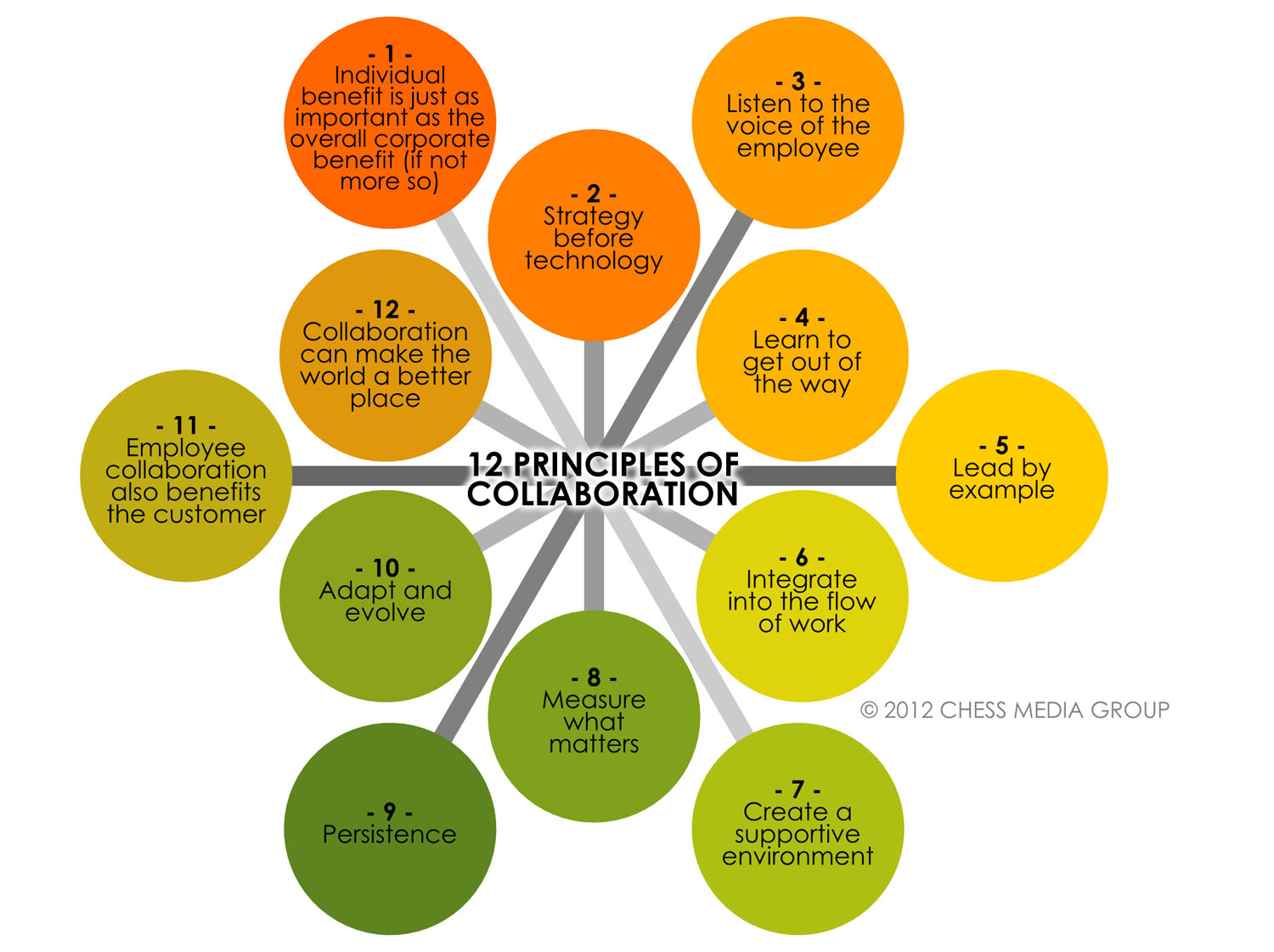Is The Future Of Reading Not Reading At All?
Is The Future Of Reading Not Reading At All? The Impact Of Visual & Social Literacy by Terry Heick Slate recently stumbled upon an infographic that mapped the civil war. And it’s 100 years old. (See below.) You can find a proper zoomable version for careful study at the Library of Congress. In short, it’s a wonderfully…
